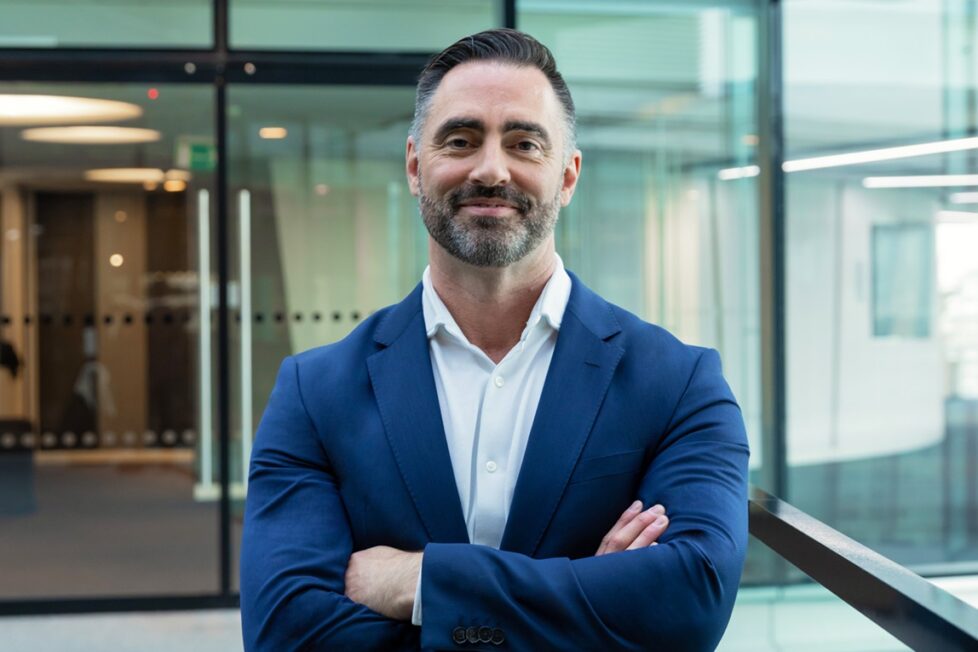Guest Post: Can Today’s CSO Become Tomorrow’s CEO?

Reflecting on recent global climate change conferences, where businesses and governments alike identified the need for radical transformation, Dr. Matthew Bell, EY Global Climate Change and Sustainability Services Leader, questions why more sustainability leaders aren’t mapping out their own career paths to become future chief executive officers (CEOs).
I was inspired by a personal revelation in a recent EY survey, which found that nearly half of all CFOs had ambitions to become a CEO, so I decided to pose the same question to an audience of 60 corporate sustainability professionals. Not one had their sights on the top job. In fact, a mild chorus of laughter filled the room at the idea.
A few years ago, that finding may not have been worthy of comment, but with the rise of the transformational corporate sustainability officers (CSOs), focusing as much on strategic value creation as climate change, to me it’s more than a little bit disappointing. After all, even back in 2019, former US Vice President and Nobel Prize-winning environmentalist Al Gore declared that combatting climate change was not just a “a life or death struggle” but also “the single biggest investment opportunity in history”. Surely, that’s just the sort of prospect any budding CSO turned CEO would be looking to build a career on.
The reasons for this apparent ambition disconnect can be seen in two pieces of sustainability research, both published in November 2023. EY’s fifth annual Global Climate Risk Barometer shows that there has been some progress, but falls wildly short of what is needed. More than 11,000 global companies have now made net zero or similar commitments, with 6,000 of those companies aligned or committed to targets set by the Science Based Targets Initiative. Yet, there’s also a sense that the early wins have now been ticked off and the pace of progress is slowing. Just 26% of companies are providing quantitative impacts of climate-related risks in their financial statements, and climate-related matters are referenced in just a third of financial statements. More encouragingly, 68% of companies are now reporting on the opportunities presented by the transition to a low-carbon economy. Looks like Al Gore might have been onto something.
Next up, our EY Sustainable Value survey, which is based on the insights of over 500 CSOs. Again, it shows headline progress on emissions reduction (albeit at a slower pace). Yet the stickier problems, like achieving the cross-functional collaboration that CSOs need to achieve their ambitions, still endure. This is creating dissatisfaction: an incredible four in ten CSOs revealed to us that they are not committed to staying in their current role – and presumably not because they are stepping up to become CEOs any time soon. Yet, the survey also finds that transformational CSOs — those with the most resources and organizational influence — are not only making better progress on decarbonization but are also creating more value and enjoying greater job satisfaction: 70% of transformational CSOs say they are capturing higher-than-expected financial value compared to 47% of other CSOs.
Based on the EY Sustainable Value Survey, here, perhaps, lies the nub: those CSOs with the power and relationships to collaborate across the business are not only making greater progress on climate change but proving their worth financially. In contrast, those without that sort of clout are less effective, less involved in the business and less happy in their roles.
Yet this is about far more than career satisfaction. The tendency for climate ambitions to morph into merely incremental gains has huge implications for our planet. According to the Sustainable Value survey’s findings, the median target year for companies to achieve their climate ambitions has slipped from 2036 back to 2050. In other words, companies are pushing back key milestones like net zero just at a time when the need to reach them intensifies. Also troubling are the findings of the 2023 Global EY DNA of the CFO Report, which reveals that 50% of CFOs are meeting short-term earnings targets by clawing back funding to long-term priorities. EnvironmentalEnvironmental criteria consider how a company performs as a steward of nature. More, socialSocial criteria examine how it manages relationships with employees, suppliers, customers, and the communities where it operates. More and governanceGovernance deals with a company’s leadership, executive pay, audits, internal controls, and shareholder rights. More (ESGEnvironmental, social, and governance (ESG) criteria are a set of standards for a company’s operations that socially conscious investors use to screen potential investments. More) programs are identified as being the most vulnerable to such cuts. It appears that within numerous organizations, some leaders have objectives that substantially diverge from those of their CSOs.
So, how do we plug action more firmly into ambition? The short answer is by seeing the role of CSO for what it truly is – fundamental to the sustainable success of the whole business. Not a so-called “chief carbon officer” but a dynamic professional who fully understands the real risks and opportunities ahead, with the skillset to drive strategy accordingly. If that doesn’t sound like your next CEO, I don’t know who does.
Disclaimer
The views reflected in this article are the views of the author and do not necessarily reflect the views of the global EY organization or its member firms.